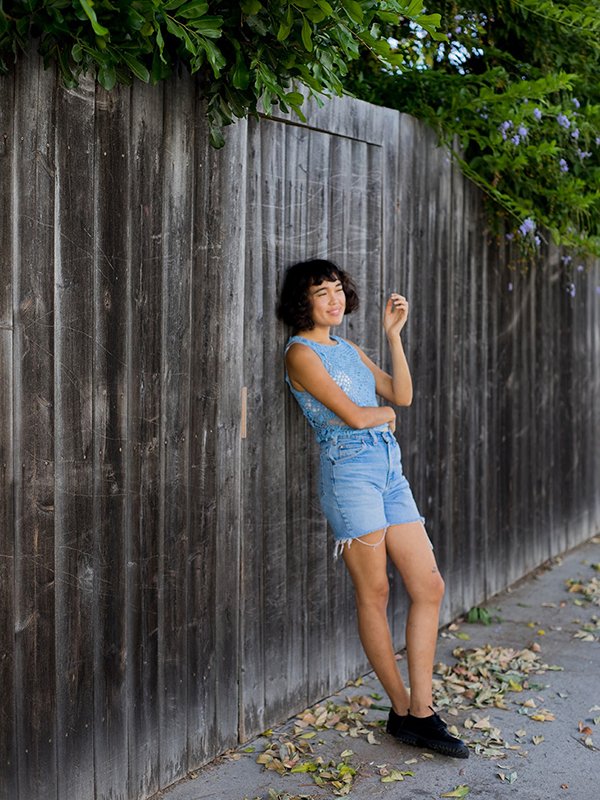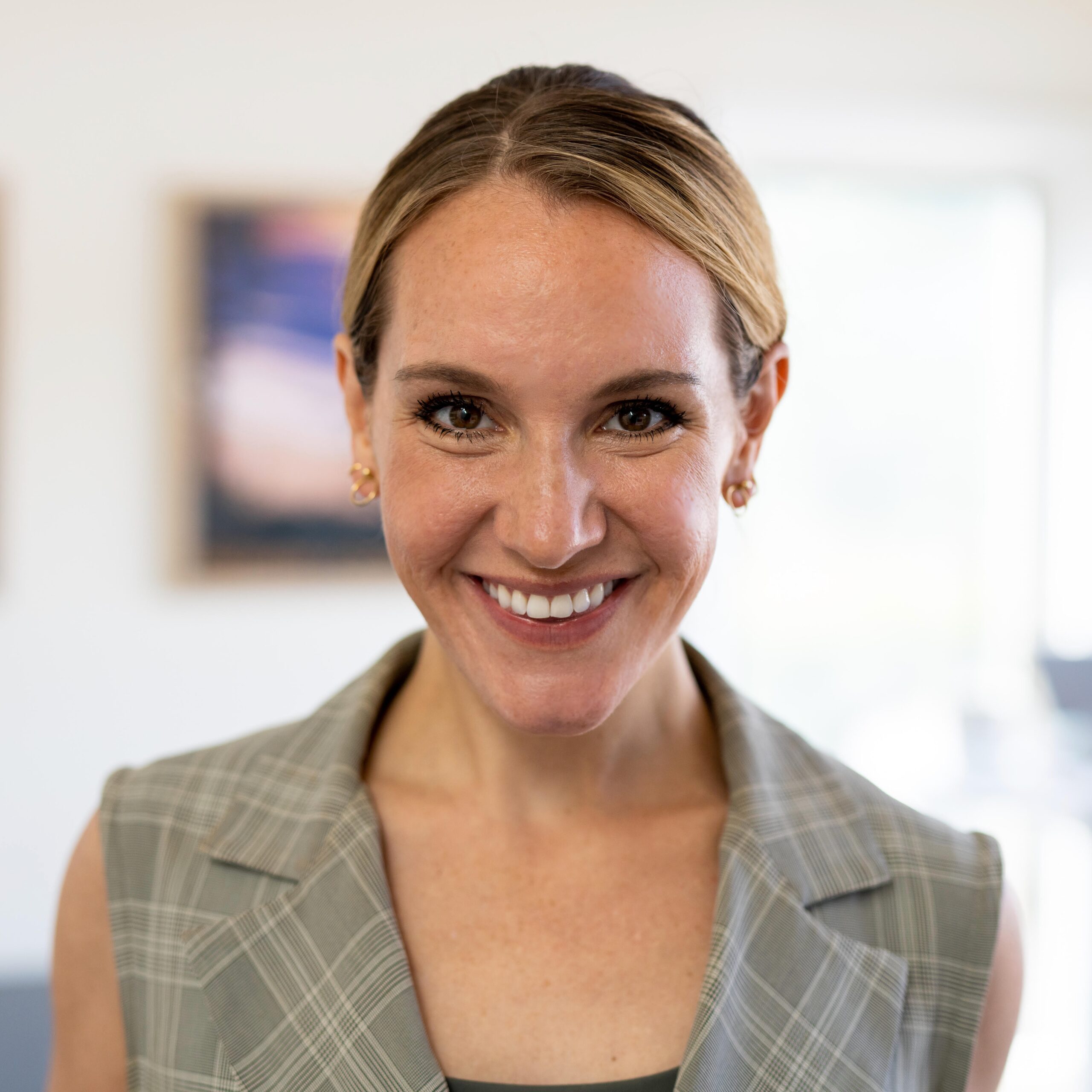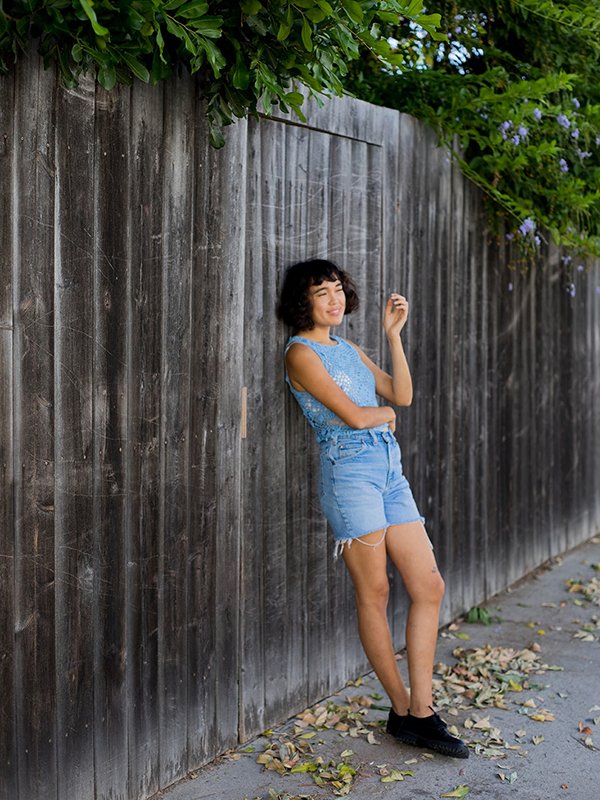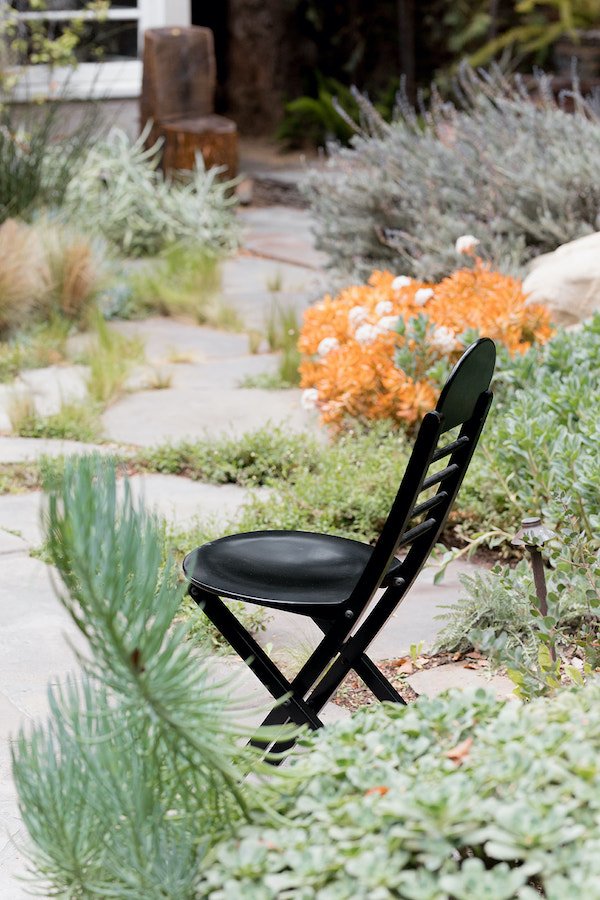
I’m Not Cutting Out Toxic People This Year, Here’s Why
This piece is one individual’s exploration of the word toxic outside of the context of abusive and/or narcissistic tendencies or history. If you are experiencing harm, abuse of any kind, or currently feel that leaving is not an option, please seek help via the National DV hotline: 1-800-799-7233.
When did we start referring to humans as toxic?
Scrolling through my social media in the final few hours before the new year, I saw that word pop up yet again: toxic. In this particular case, it was a cheeky meme about things that were not welcome in 2022—“toxic people” being at the top of the list.
When did we start referring to humans as toxic? When did we decide that other people could be best described as poisonous?
Growing up, I typically saw the word toxic printed in bold letters on cleaning products but never heard it applied to people. Ironically, I now primarily see the cautionary term on eye-catching Instagram posts created by well-intentioned online therapists or life coaches.
“When did we decide that other people could be best described as poisonous?”
WebMD defines a toxic person as “anyone whose behavior adds negativity and upset to your life.” Anyone whose behavior adds negativity and upset to my life? By that definition, quite literally everyone is toxic. My best friends. My husband. My daughter. My siblings. My colleagues. Even my beloved corgi.
And then there are the times when my own reactions have been negative to those around me—sometimes unknowingly and sometimes out of my own need for healing. I communicate poorly and later learn that the people I love felt deeply attacked regardless of my intentions. Or I unpack a tangled web of personal pain but unfairly project it onto my husband, causing him emotional suffering due to my messy process.
There are certainly situations in which firm boundaries need to be established, and some relationships may even need ending because of a pattern of toxic (yes, I said it) behaviors. In truly abusive dynamics, serious action is required, especially when it isn’t safe to be around someone.
But that’s not what I’m referring to here. Rather, when considering the more common occurrence of non-threatening difficult people in our lives, I believe there’s a salient difference between identifying specific harmful actions versus categorizing an entire person as toxic.
“There’s a salient difference between identifying specific harmful actions versus categorizing an entire person as toxic.”
Negativity and upset are regular parts of the human experience, and there will be inevitable situations where we can’t simply remove a so-called “toxic” person from our lives. I am also endlessly thankful that I wasn’t cut out of my loved ones’ lives based on my own missteps.
When we choose to navigate upsetting encounters instead of running away from them, we strengthen our muscles of emotional resilience, empathy, and the maturity needed to set boundaries. Consequently, we become far more capable of handling unavoidable unpleasant circumstances.
The words we use have the ability to shape not only the way we view individuals but also our worldview as a whole. A planet where everyone who upsets us is labeled as poisonous is a lonely place indeed.
Rather than cutting “toxic people” out of my life in 2022, I’m wiping any pairing of the words “toxic” and “person” from my vocabulary—even my internal, unspoken vocabulary. Instead of labeling anyone as their lowest behavior, I’m attempting to pause and identify the specific action that’s making me feel upset. Often, I realize that someone’s actions have either touched a personal nerve that needs some healing or ruffled my ego—both of which they are not responsible for.
“I’m attempting to pause and identify the specific action that’s making me feel upset.”
When there is something that truly needs to be addressed with the individual, I am able to affirm the positive elements of both their personhood and our relationship before raising my concern around hurtful behavior. This slight shift has already had a larger impact on me than I could have anticipated.
Here’s the thing: When we cut people out of our lives, we lose the opportunity to grow and understand their perspectives. We may save ourselves some pain and discomfort, but in doing so, we rob ourselves of the relationships themselves. And I don’t want to miss out on people I care about; I’ve experienced the profound beauty of healed relationships when grace and space are given for parties to reconcile.
For some people, losing a relationship may feel more appealing than the work of maintaining a strained connection, but it’s a loss nevertheless. Rather than taking that total loss, perhaps we can practice setting healthy boundaries instead, ones that allow us to appreciate the many ways people (even the difficult ones) enrich our lives. We can do this without allowing ourselves to be repeatedly disrespected.
“People are complicated creatures, but we are not poisonous.”
Everyone has been likely perceived as toxic at some point, but no one is toxic as a whole. People are complicated creatures, but we are not poisonous.
May we all become strong enough to set limits around harmful behaviors instead of striking matches and burning bridges. Take it from me; those bridges are worth repairing more often than not.
Ellie Hughes (she/her) spent several years as a sustainable fashion blogger and now works as a freelance writer, marketing consultant, and creative producer alongside her husband. They live in Portland with their daughter (Ro) and corgi (Pip).





